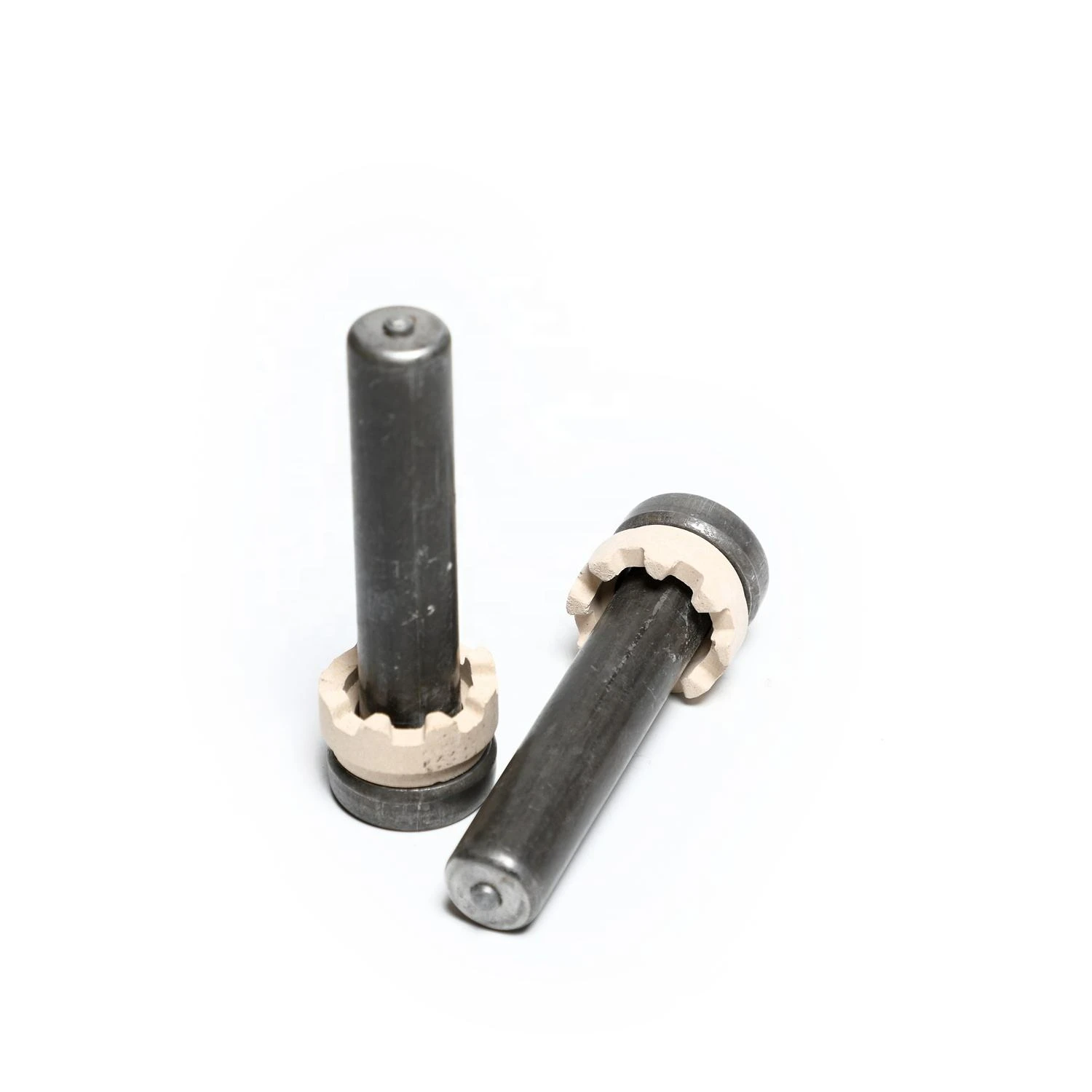

M20 Bolt Specifications and Applications for Industrial Use and Fastening Solutions
Dec . 05, 2024 04:14 Back to list
M20 Bolt Specifications and Applications for Industrial Use and Fastening Solutions
Understanding M20 20 Bolt Specifications and Applications
The M20 20 bolt is a specific type of bolt commonly used in various engineering and construction applications. Identified by its diameter and thread pitch, the M in M20 indicates that it is a metric bolt, while the 20 signifies that it has a nominal diameter of 20 mm. The size and design of these bolts make them integral to numerous structural and mechanical systems.
Specifications of M20 20 Bolt
The M20 20 bolt typically features a thread pitch of 2.5 mm, which is standard for bolts of this size in the metric system. Besides its diameter, several factors such as length, material, grade, and coating significantly influence its performance and selection for specific applications.
Length M20 bolts are available in various lengths ranging from 30 mm to over 300 mm, allowing for flexibility depending on the requirements of the specific project.
Material These bolts are manufactured from a variety of materials, including carbon steel, stainless steel, and alloy steel. The choice of material impacts the bolt's tensile strength, corrosion resistance, and overall durability, making it crucial to select the right type for the environment in which the bolt will be used.
Grade Bolts are also classified by their grade, which denotes their strength and material properties. Common grades for M20 bolts include Grade 8.8, 10.9, and 12.9 in steel applications. Higher grades indicate a stronger bolt, which is necessary in heavy-duty applications where high tensile strength is essential.
Coating Additionally, M20 bolts can be treated with various coatings such as zinc plating, galvanizing, or other corrosion-resistant treatments. This is particularly important when the bolts are used in outdoor or aggressive environments, where moisture and atmospheric gases can lead to rust and degradation.
m20 bolt

Applications of M20 20 Bolt
The M20 20 bolt is widely used across numerous sectors, reflecting its versatility and strength.
Construction In the construction industry, these bolts are frequently employed to secure structural components such as beams and columns. Their robust design helps in maintaining the integrity of structures, ensuring safety and reliability.
Automotive The automotive sector utilizes M20 bolts in the assembly of various components, including engine parts and chassis systems. Their strength and durability are essential in applications that endure significant stress and forces.
Manufacturing In manufacturing, M20 bolts are employed in machinery assembly, where they secure parts together and withstand operational stresses. This is fundamental in equipment that operates under varying loads and pressures.
Infrastructure M20 bolts are also common in infrastructure projects, such as bridges and roads, where they contribute to the stability and support of vital structures. Their ability to resist shear and tensile forces makes them ideal for these demanding applications.
Conclusion
The M20 20 bolt is a key element in many engineering applications, distinguished by its specific measurements, materials, and grades. Understanding its specifications and uses allows engineers and construction professionals to select the appropriate bolts that will ensure the safety and functionality of their projects. With ongoing advancements in material science and manufacturing techniques, M20 bolts continue to evolve, offering improved performance and reliability in an ever-changing industrial landscape. Whether in construction, automotive, manufacturing, or infrastructure, the significance of M20 bolts remains paramount in delivering robust and sustainable engineering solutions.
Latest news
-
High-Strength Hot Dip Galvanized Bolts - Hebei Longze | Corrosion Resistance, Customization
NewsJul.30,2025
-
Hot Dip Galvanized Bolts-Hebei Longze|Corrosion Resistance&High Strength
NewsJul.30,2025
-
High-Strength Hot-Dip Galvanized Bolts-Hebei Longze|Corrosion Resistance&High Strength
NewsJul.30,2025
-
Hot Dip Galvanized Bolts-Hebei Longze|Corrosion Resistance&High Strength
NewsJul.30,2025
-
Hot Dip Galvanized Bolts - Hebei Longze | Corrosion Resistance, High Strength
NewsJul.30,2025
-
High-Strength Hot Dip Galvanized Bolts-Hebei Longze|Corrosion Resistance, Grade 8.8
NewsJul.30,2025

